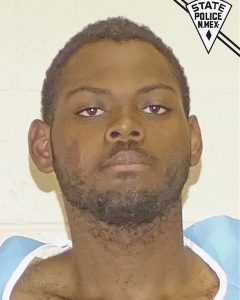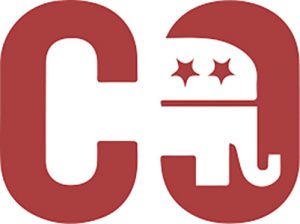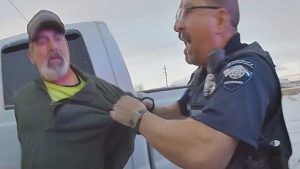DENVER/TRINIDAD — Well known Colorado civil rights attorney David Lane representing four plaintiffs arrested during a 2013 drug sting in Trinidad, filed a lawsuit in U.S. District Court on Monday, alleging the arrests were based on bad information provided by a confidential informant. Lane’s and attorney Casey Denson’s clients; Raquel Garcia, Marilyn Tyler, Vickie Vargas and Melissa Vialpando, are plaintiffs in a second lawsuit stemming from the Trinidad police operation that led to 40 arrests and later 40 dismissals of the original drug charges. The American Civil Liberties Union Foundation of Colorado filed a very similar suit as the one filed Monday, November 30 on January 8, 2015. Both lawsuits name TPD detectives Arsenio Vigil and Phil Martin and the city as defendants with the new suit also naming TPD Officer Lauren Riddle as a defendant. In the filing this week the new lawsuit says the arrests “were based on false, deficient and misleading arrest affidavits from TPD which regularly relied almost exclusively on uncorroborated and untrustworthy information.” Defendants Martin and Vigil have continually denied the allegations set forth
in the earlier ACLU case filed by Felicia Valdez and Danika Gonzales against the investigators and the City of Trinidad. Gonzales and Valdez, a probation officer and school district employee respectively, were arrested on drug allegations based solely on the word of confidential informant (CI) Crystal Bachicha. The ACLU is seeking compensatory damages, declaratory relief, and attorneys’ fees for violation of Gonzales’ and Valdez’s constitutional rights. Although the charges against the two women were eventually dismissed, both lost their jobs after their arrests were announced. The lawsuit says, “None of the 40 arrests that were made as part of the 2013 drug sting resulted in a single drug-related conviction”. The lawsuit filed this week says the Trinidad Police Department’s procedures during the investigation’s “controlled buys” of drugs by confidential informants “provided an opportunity for (the informants) to lie with impunity, to divert the TPD’s buy money for themselves, to skim drugs for their own use, and to act on the basis of personal motives to frame innocent persons.” The ACLU lawsuit called CI Bachicha an opportunistic confidential informant, saying she took advantage of the willful blindness and lax supervision on the part of police to falsely accuse innocent people of selling drugs. The ACLU suit alleges Trinidad police knew Bachicha was a three-time convicted felon, liar and drug user, and had no history of providing reliable information to authorities when they tapped her to be one of the two CIs used in the operation. “Yet, over and over again, the TPD took CI Bachicha at her word as she falsely accused various community members of selling drugs.“ Both lawsuits claim police violated the constitutional prohibitions against false arrest and malicious prosecution. Charges against most of the defendants arrested in December 2013 were not dismissed until June of 2014. The original ACLU lawsuit pointed out Bachicha’s criminal record included at least three separate felony convictions and a sentence to the state department of corrections and at the time she became a CI, she faced two additional felony counts of attempting to obtain a controlled substance by fraud or deceit and then agreed to work as a CI in return for, among other rewards, dismissal of those pending felony charges. The ACLU suit said during the time she was working as a police informant for Trinidad, Bachicha was arrested in Raton, New Mexico on another felony charge of attempting illegally to obtain prescription durgs by fraud. Neither the City of Trinidad or Police Chief Charles Glorioso have commented on the lawsuits.




